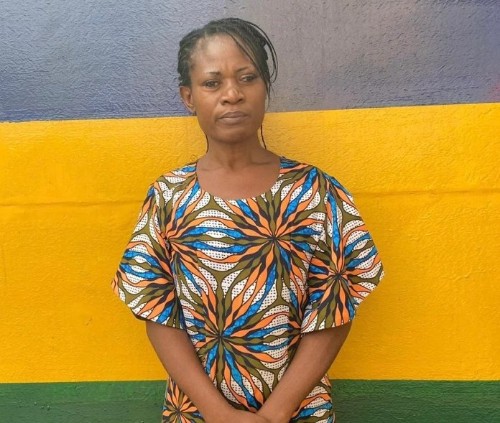Festus Keyamo, Minister of Aviation and Aerospace Development, has stated that the Department of State Services (DSS) should not be searching passengers’ bags at airports.
Keyamo made the remarks during the ‘This Morning’ programme on Arise News on Sunday.
“We’ll sit down, but we needed to take this step. DSS, you are not, you have no business searching people’s bags,” he said. “You are profiling individuals who are going out of the country, people who have been, maybe who are under security checks and all that.”
Addressing the issue of long queues at airports caused by multiple agency checks, Keyamo emphasized that customs officials should focus only on items imported into the country, not exported goods.
“All these agencies at our airports are not directly under our control; you have multiple agencies, DSS, NDLEA, Customs, and Quarantine,” he said. “And these were in place before we came into office, and they were not directly under my control for us to begin to remove them from the airport.”
On December 5, the federal government approved measures aimed at addressing the harassment faced by travelers due to the presence of various agencies at airports.
Commenting on the new measures, Keyamo clarified that the goal was not to remove the agencies but to streamline their operations.
“Nobody expects to go through an airport without security checks,” the minister said. “However, the complaints we have consistently received from Nigerians have been complaints bordering on extortion, corruption, and perhaps even the very tardy process of these security checks.”
“There are some practices we have noticed among the security agencies that are not under our control that we think do not align with the best practices all over the world.”
- ‘JOINT INSPECTION TABLE CAUSED CONGESTION AT AIRPORT’
Using Lagos International Airport as an example, Keyamo explained that passengers enter through the arrival door and immediately encounter a screening machine for their bags.
After the screening, the minister said the bags are then inspected at a joint inspection table, which causes congestion due to space constraints.
He explained that the congestion often leads to blockages extending to the entrance gates.
“What is that joint inspection table? You will see customs, DSS, NDLEA, quarantine, and on and on, all lined up on the same table,” he said. “Each of them telling you to open your bags, and they’ll be dipping their hands into your bags one by one, passing you on to the next agency on the same table, and all, you know, I have not seen this in any part of the world.”
Keyamo said that the ministry has dismantled the joint inspection table at airports.
He explained that the agencies now collaborate with aviation security at the screening machine to avoid repetitive searches.
“So you can then observe all the bags passing through the machine jointly, without harassing anybody,” he said. “That is why the machines are there in the first place. You, NDLEA, customs, if you notice anything like drugs inside or suspicious packages, pull the person aside, take the person away into your private screening room, and do your further searches there.”
For the DSS, Keyamo said their role should be to profile those traveling in and out of the country for security checks.
“DSS, you are not, you have no business searching people’s bags,” the minister reiterated. “You are profiling individuals who are going out of the country, people who have been maybe who are under security checks and all that.”
“Go and stay with immigration. At the point of stamping their passports, you can pull the person aside—a person that ought not to travel. DSS can work with immigration at their table, and they can just roam around. Roam around the airport, check faces of people, profile them.”
“If you want to pull people aside as you think they should not travel, pull them aside to a private room, but don’t create a nuisance at airports where you see they are checking people’s bags.”
Keyamo also mentioned that customs officials claim that certain exportable items require inspection but suggested a simpler solution, such as using clear signage to indicate items that need to be declared.
“That’s what we see when we go around the world. Customs, so why can’t you do the same thing?” he asked. “And then, it is actually for arriving passengers, things to declare, things not to declare.”
“This issue of exportable items, it is actually the country you are flying into that should be more concerned about the things you are bringing into their country. Not us concerned about what you are taking out of the country.”
Keyamo further stated that corrupt individuals within the aviation security agency, which he oversees, must be identified and removed.

 BIG STORY1 day ago
BIG STORY1 day ago
 BIG STORY4 days ago
BIG STORY4 days ago
 BIG STORY4 days ago
BIG STORY4 days ago
 BIG STORY5 hours ago
BIG STORY5 hours ago
 BIG STORY4 days ago
BIG STORY4 days ago
 BIG STORY2 days ago
BIG STORY2 days ago
 BIG STORY3 days ago
BIG STORY3 days ago
 BIG STORY4 days ago
BIG STORY4 days ago






















